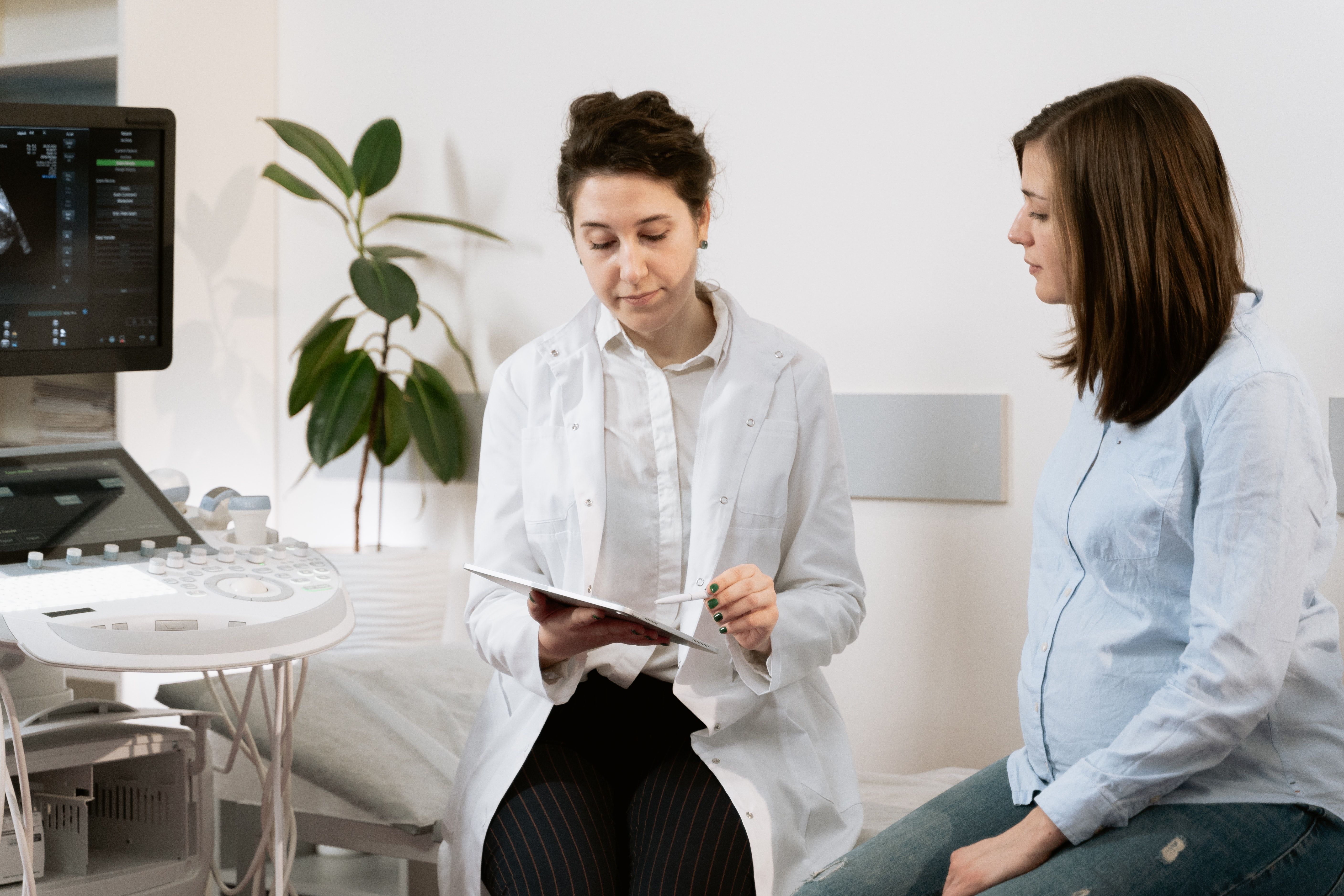Article
Challenges Remain in Predicting Response to Anti-TNF Therapy for Ulcerative Colitis
Author(s):
About 30% of patients with ulcerative colitis do not adequately respond to anti-TNF therapy.

In a new study, investigators attempt to explain why a large portion of patients with ulcerative colitis do not respond to anti tumor necrosis factor (anti-TNF) inhibitors.
A team, led by Johannes Van Oostrom, Amsterdam UMC- Meibergdreef, explored mutli-compartment cytokine and anti-TNF concentrations in peripheral blood, feces, and colonic mucosa before, during, and after anti-TNF induction treatment in patients with ulcerative colitis.
Approximately 30% of patients with moderate-to-severe ulcerative colitis do not respond to anti-TNF treatment.
The Patient Population
In the study, the investigators examined 91 patients with ulcerative colitis who started infliximab or adalimumab at 2 tertiary centers. Each participant underwent clinical and endoscopic assessments with colonic mucosa (n = 71), peripheral blood (n = 91), and feces (n = 32) sampling at baseline. The baseline cytokine concentrations were similar in all compartments.
Follow-up colonic mucosa samples were also collected at the first follow-up endoscopy during the first year and follow-up peripheral blood and feces samples were taken at follow-up endoscopy and optionally on day, 3, 7, 14, and 28.
The team defined response as a Mayo endoscopic score of 0-1 assessed by a blinded independent reader and subsequent anti-TNF therapy for more than 1 year, with all other patients classified as non-responders.
They also measured TNFα, IL6, IL10 and drug levels in all compartments and OSM and IL12p40 in peripheral blood and colonic mucosa (fecal anti-TNF with ELISA and cytokines and peripheral blood and colonic mucosa anti-TNF with a bead-based immunoassay).
The investigators also normalized colonic mucosa samples for grams of protein (gop) and differentiate pharmacokinetic from pharmacodynamic failures by calculating colonic mucosa anti-TNF/ TNFα.
Finally, the investigators classified values above the median as sufficient pharmacokinetic and values below as insufficient pharmacokinetic.
Results
At the follow-up, peripheral blood IL6 was lower in R (P = 0.045). However, fecal cytokines were significantly higher in responders (TNFα: P <0.001; IL6: P <0.001; IL10: P <0.001) and in colonic mucosa, IL6 and OSM were lower and IL12p40 higher in responders (IL6: P = 0.004; OSM: P = 0.01; IL12p40: P = 0.021).
Following stratification of colonic mucosa samples for pharmacokinetic readouts, IL6 was highest in the sufficient pharmacokinetic non-responders, compared to sufficient pharmacokinetic responders (6905 vs 2980 ng/gop, P = 0.002).
For OSM, it was lowest in responders groups compared to non-responder groups (2466 vs 36111 ng/gop in Good PK responder vs Good PK non-responder, P = 0.002).
The investigators also observed trends towards highest IL10 in insufficient pharmacokinetic responders and highest IL12p40 in sufficient pharmacokinetic responders. However, this was not deemed to be significant.
“Baseline cytokine concentrations in [peripheral blood], [colonic musoca] and [fecal] did not predict response to anti-TNF induction treatment in [ulcerative colitis],” the authors wrote. “At follow-up, response (R) was characterized by lower PB IL6; higher [fecal] cytokines; lower [colonic musoca] IL6 and OSM and higher IL12p40.”
However, the investigators said more research is needed to focus on cytokine-pharmacokinetic interplay contributing to anti-TNF non-response.
The study, “P041 Characterization of cytokine and drug concentrations in serum, mucosa and feces during induction treatment of moderate-to-severe ulcerative colitis with anti-TNF monoclonal antibodies,” was published online in the Journal of Crohn’s and Colitis.




